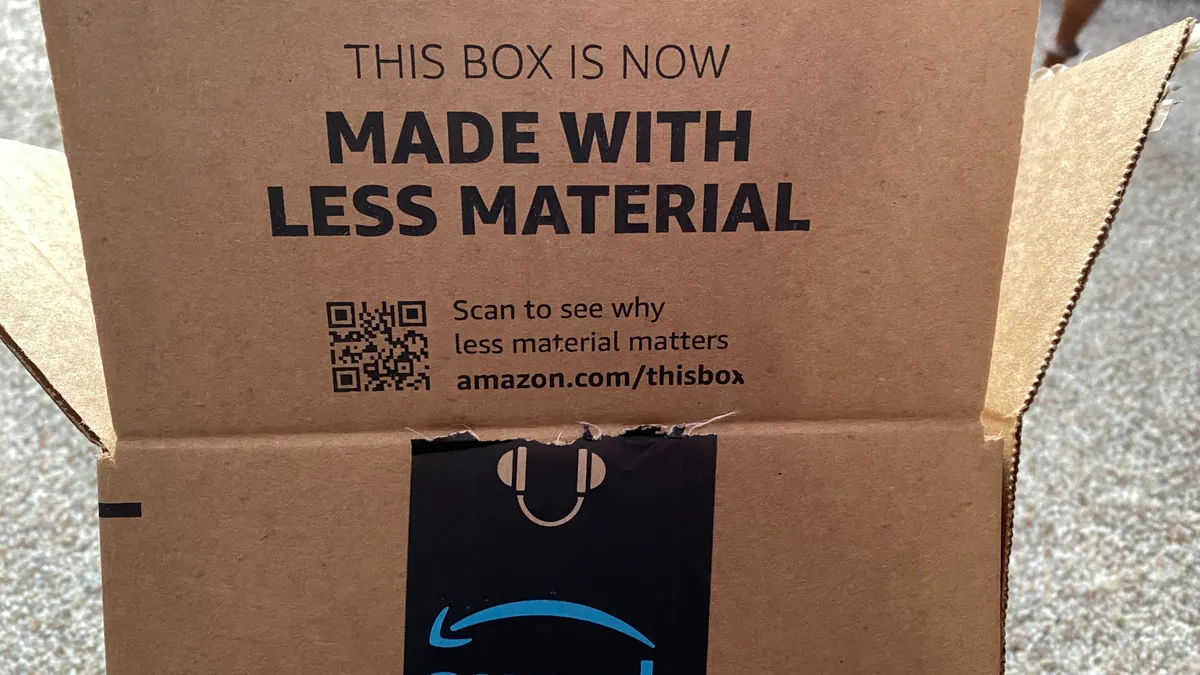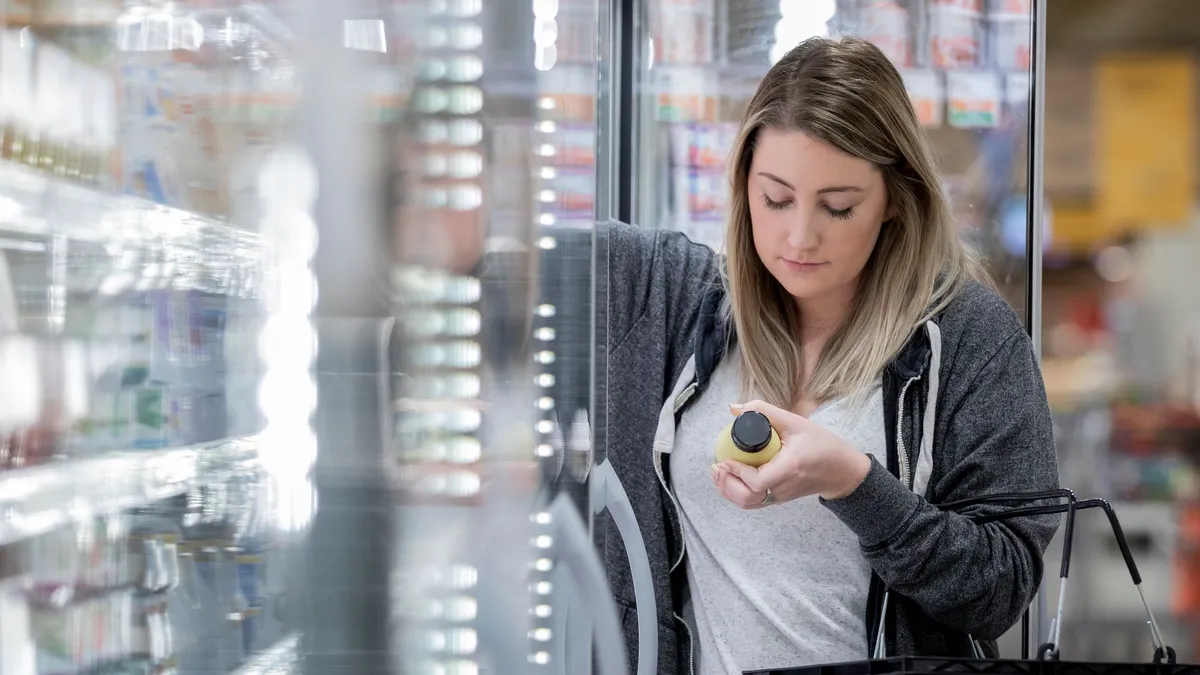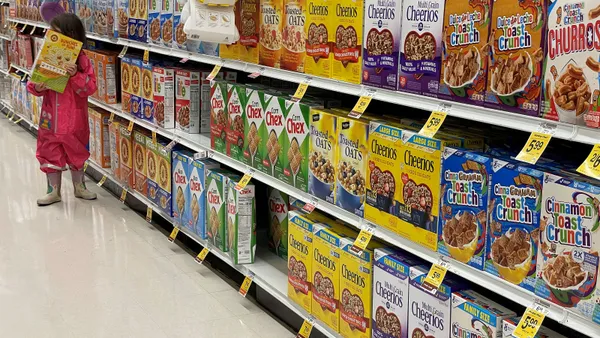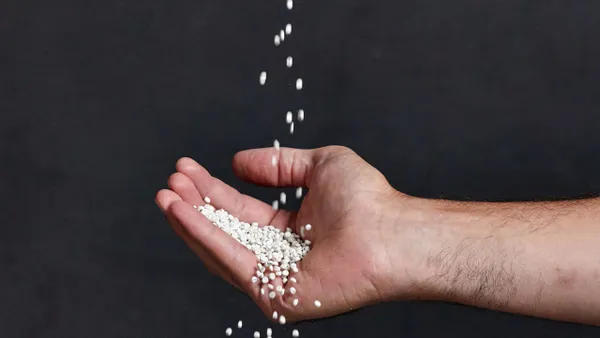Amazon plans to eliminate plastic in its mailer bags as part of an effort to cut down on waste, decarbonize and improve overall sustainability, according to the company’s 2022 sustainability report released this week. It’s also boosting attention to packaging lightweighting and elimination.
The company is “phasing out padded bags containing plastics in favor of recyclable alternatives,” the report says. Some of the bags are solely made of plastic while others are a blend of plastic and paper; the mixed materials can present recycling challenges. In the U.S. and Canada last year, the company replaced 99% of padded bags made from a mix of plastic and paper with paper padded bags that the company says are recyclable.
Upon announcing the production of its 1 billionth EarthKraft recyclable paper padded mailer last month, Georgia-Pacific noted that Amazon provided feedback in 2020 that consumers are demanding sustainable alternatives to plastic mailers. Walmart is also among the companies switching from plastic to paper mailers for e-commerce.
In 2022, Amazon packaged 40% of its deliveries in corrugated boxes, 11% shipped in their own container without additional packaging and 49% shipped in flexible mailers, comprised of either or both plastic and paper. Information in the 2021 sustainability report shows that SIOC in 2022 was up from 8% the previous year, and box use was down from 43%. The numbers illustrate Amazon’s shift away from boxes and toward alternative packaging like flexible mailers.
The company cites its use of machine learning and other technologies to optimize packaging solutions and cut plastic waste. Amazon’s first priority is to “eliminate packaging unless necessary,” and when packaging is required it is optimized with lighter, right-sized options. The company also strives to use materials that are recyclable in curbside programs and have a lower carbon footprint, the report said.
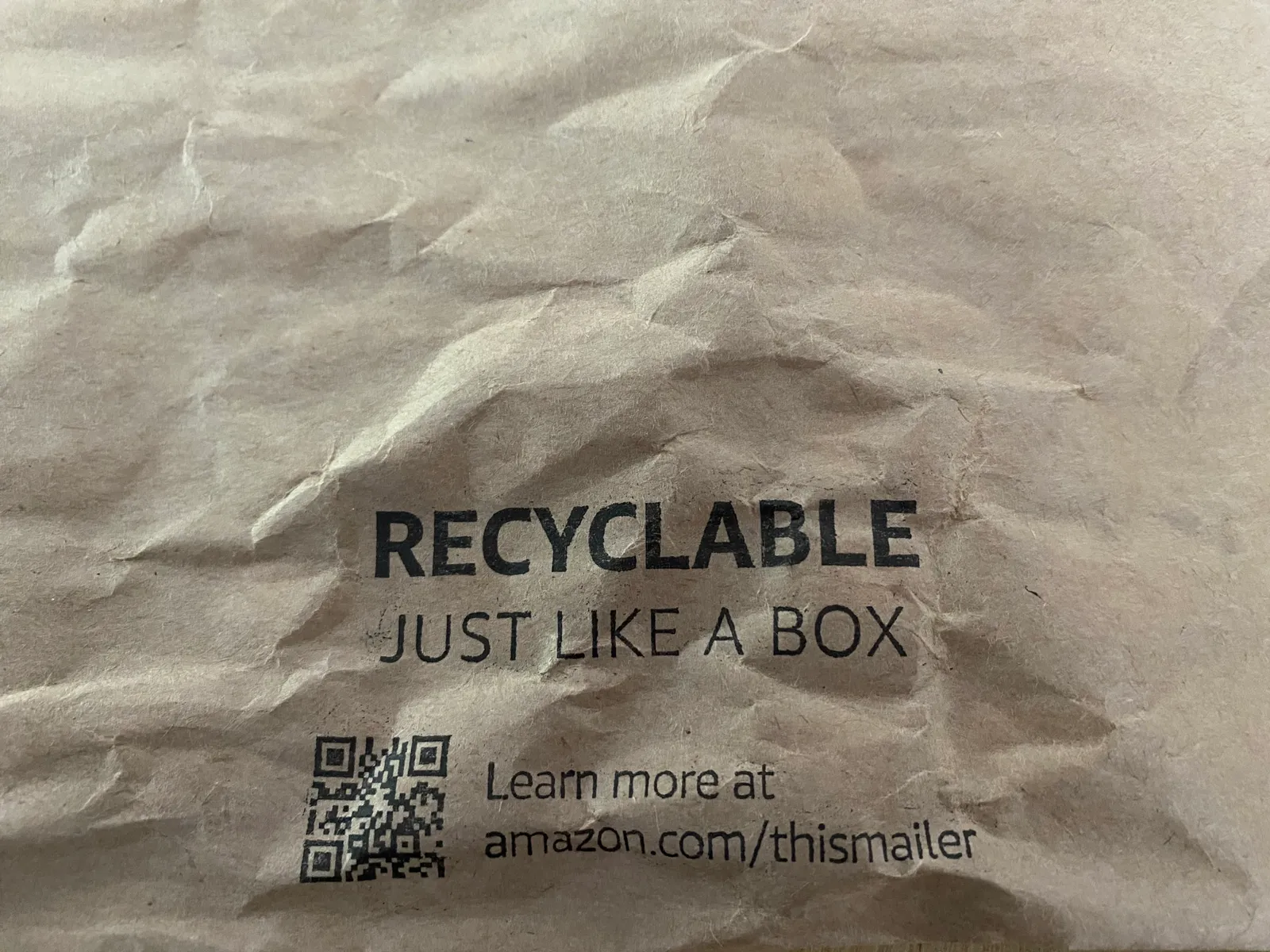
About 92% of its packaging material weight in the U.S. and Canada currently is recyclable curbside where such programs are available, according to the report. Another goal was to make Amazon device packaging 100% recyclable by the end of 2023, which the company achieved for 79.5% of product launches in 2022.
Environmental groups applaud the progress, with conditions.
“[T]his effectively means that the company will significantly reduce its plastic use as called for by the company’s shareholders,” Matt Littlejohn, Senior Vice President of Oceana, said in a news release. “If Amazon follows through, this is good news for the oceans.”
In May, Amazon shareholders did not pass a resolution by shareholder advocacy nonprofit As You Sow. It called on the e-commerce giant, in part, to quantify the total weight of plastic packaging it uses and evaluate potential risks of not making further reductions. Amazon said its in-progress lightweighting and plastic reduction efforts made the resolution unnecessary.
Organizations underscored the need for follow-through or additional accountability measures.
“Now, Amazon should set an ambitious deadline for that phase-out while continuing to reduce its plastic footprint by eliminating all single-use plastic in its shipments,” Jenn Engstrom, CALPIRG education fund state director, said in a statement.
Amazon’s sustainability report notes a pledge to “remain committed to enhancing our packaging for both performance and sustainability” moving forward.
A broader goal set in 2019 is to reach net-zero carbon emissions by 2040. The company experienced a mild decrease, 0.4%, in emissions in 2022, following several years of emissions growth. The report says the decreases are difficult to achieve and “[m]any of the solutions required to achieve global decarbonization don’t exist yet.”



